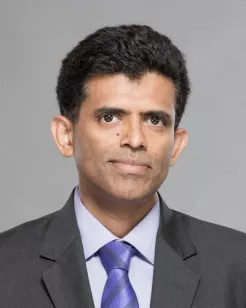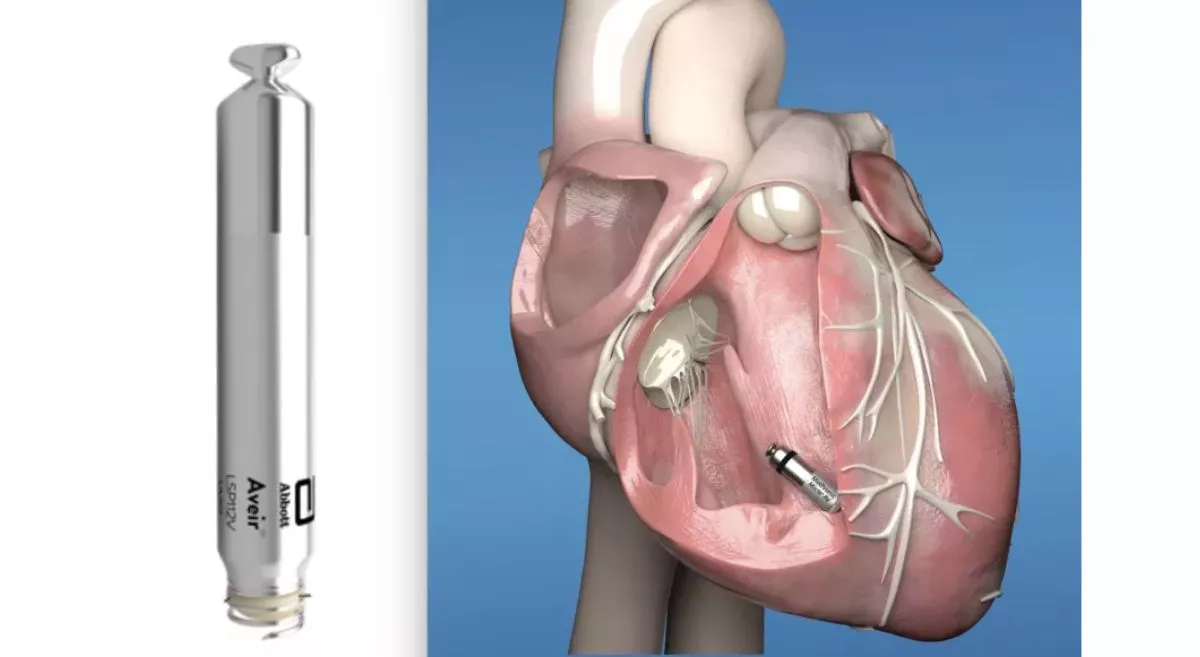Introduction:
In a surprising trend, India is witnessing a rise in the incidence of heart attacks among the younger population. Previously considered a health concern for the elderly, heart attacks are now becoming alarmingly common among individuals in their 30s and 40s. This shift is attributed to a complex interplay of lifestyle factors, genetic predisposition, and environmental influences. Consulting a reputed cardiology hospital in Bangalore can help in early detection and preventive care for those at risk.
Unhealthy Diets and Nutrition:
The proliferation of easily accessible, high-calorie junk food combined with a decline in the consumption of fresh fruits and vegetables has created a ticking time bomb for heart health. Diets rich in fried and processed foods contribute to elevated cholesterol levels and obesity, increasing the risk of heart attacks. Seeking guidance from a qualified cardiologist in Bangalore can help develop a heart-healthy nutrition plan.
Physical Inactivity:
Sedentary lifestyles, prevalent in the modern era, contribute significantly to the risk of heart attacks. Lack of regular exercise weakens the cardiovascular system, paving the way for conditions like obesity, diabetes, and hypertension. Regular screenings at a trusted heart hospital in Bangalore can help detect early warning signs of cardiovascular disease.
Tobacco Use:
Smoking and chewing tobacco remain major contributors to heart attacks, with these habits causing the hardening and narrowing of arteries. The prevalence of tobacco use among the youth adds to the concerning scenario.
Excessive Alcohol Consumption:
Binge drinking, a rising concern among the younger population, is linked to increased blood pressure and heart-related issues. Education on responsible alcohol consumption is crucial in curbing this risk.
Stressful Lifestyles:
The demanding nature of urban life, coupled with work pressure, contributes to heightened stress levels. Unhealthy coping mechanisms, such as overeating and smoking, have become common, further elevating the risk of heart attacks.
Genetic Predisposition:
A family history of heart disease significantly increases an individual's susceptibility. Genetic factors play a crucial role, and those with a familial predisposition need to be especially vigilant about heart health. Consulting a cardiologist in Bangalore for regular check-ups can help identify genetic risks early.
Rising Incidence of Obesity:
Obesity has emerged as a significant contributor to heart attacks among the youth. Unhealthy dietary habits, sedentary lifestyles, and a lack of awareness about the consequences of obesity collectively contribute to this growing concern. High-calorie, low-nutrient diets and a shift towards a more sedentary lifestyle are primary drivers of the obesity epidemic.
Impact of Stressful Cultural Norms:
Cultural norms and societal expectations can create stressful environments for individuals, especially the youth. Academic pressure, career expectations, and societal standards can contribute to chronic stress, negatively impacting heart health. Promoting stress management techniques and fostering open conversations about mental well-being are essential components of preventive care.
Undiagnosed Medical Conditions:
Conditions like diabetes and hypertension, if undiagnosed or poorly managed, contribute to cardiovascular problems. Routine health check-ups and awareness about these conditions are vital for prevention. Visiting a well-equipped cardiology hospital in Bangalore can ensure early diagnosis and timely treatment.
Air Pollution:
The deteriorating air quality in several Indian cities is an environmental factor that exacerbates respiratory and cardiovascular issues. Addressing air pollution is imperative for overall health.
Irregular Sleep Patterns:
Sleep deprivation and irregular sleep patterns have been linked to increased stress and poor heart health. Prioritizing good sleep hygiene is an essential yet often overlooked aspect of heart attack prevention.
Delayed Medical Intervention:
Limited awareness about the importance of regular health check-ups and the tendency to neglect symptoms contribute to delayed medical intervention. Early diagnosis and intervention can significantly improve outcomes. A proactive visit to a heart hospital in Bangalore can be life-saving in such cases.
Conclusion:
The surge in heart attacks among the younger generation in India is a wake-up call for both individuals and the healthcare system. A multifaceted approach involving public health initiatives, educational campaigns, and lifestyle modifications is crucial. By addressing these factors collectively, we can hope to reverse this concerning trend and build a healthier future for the younger generations in India. If you are at risk or experiencing symptoms, do not delay seeking expert care from a cardiologist in Bangalore or visiting a reputed cardiology hospital in Bangalore for timely intervention.











